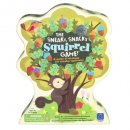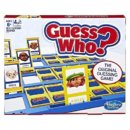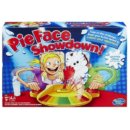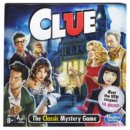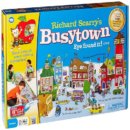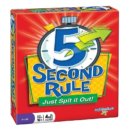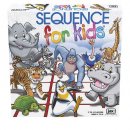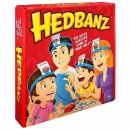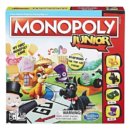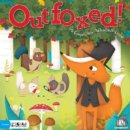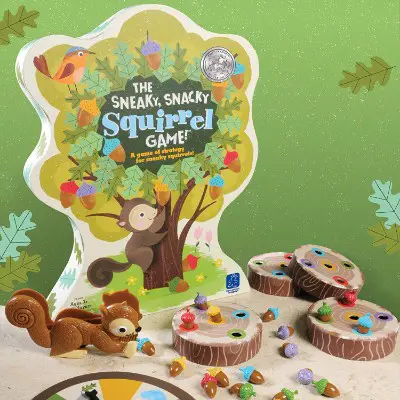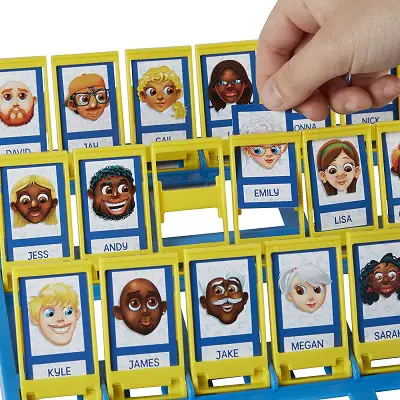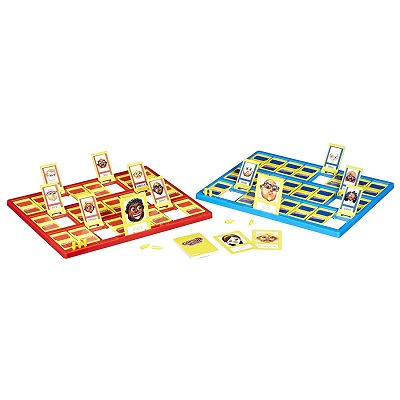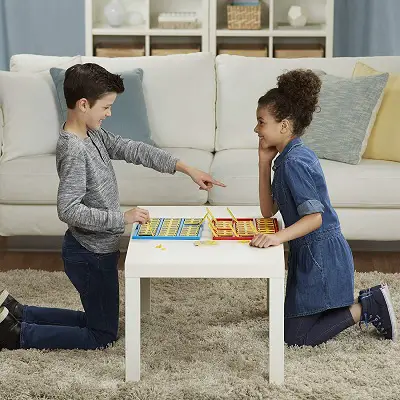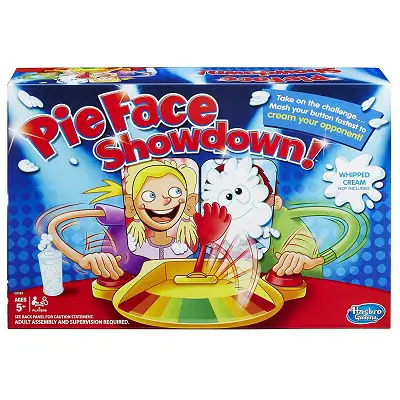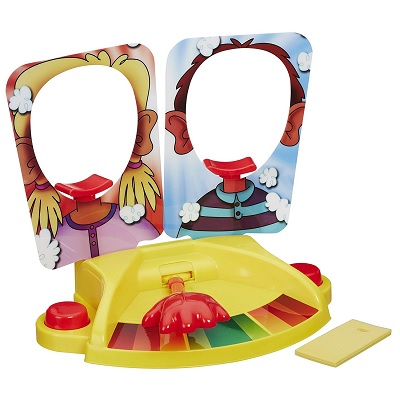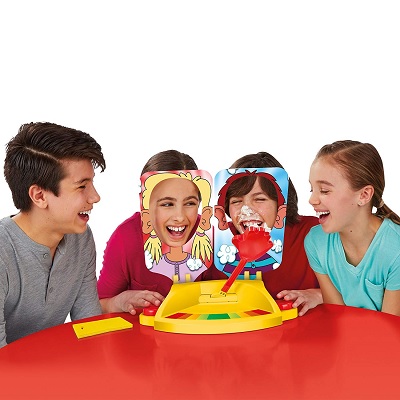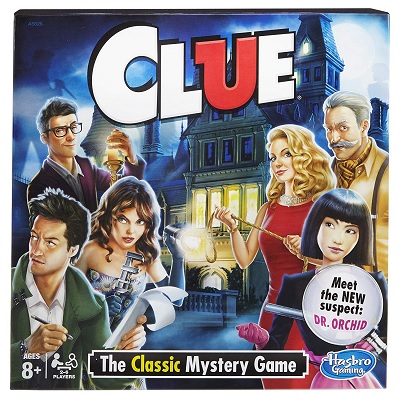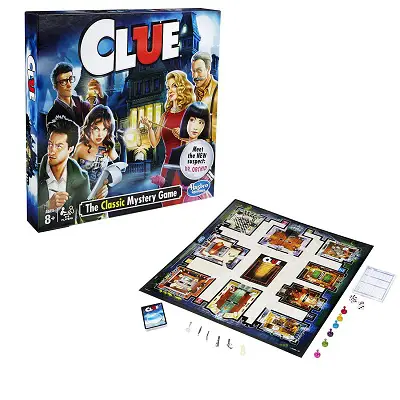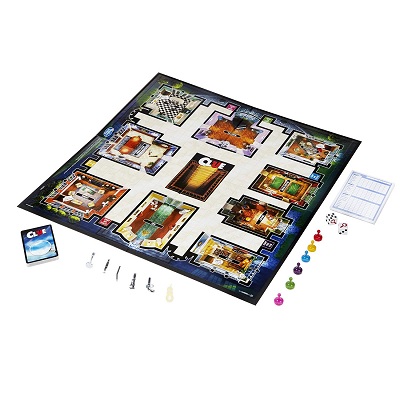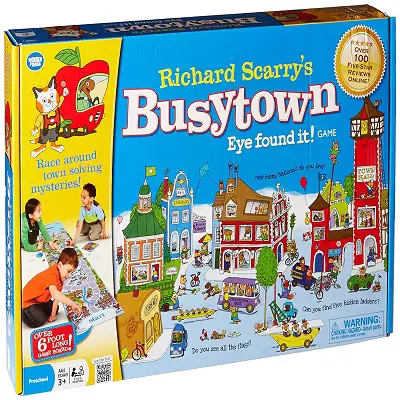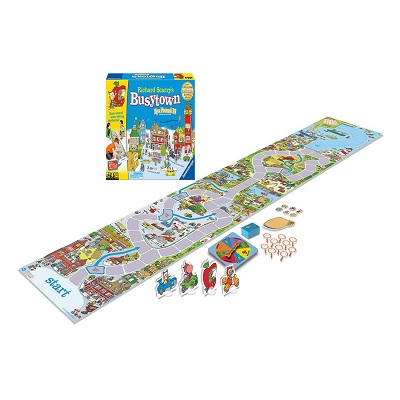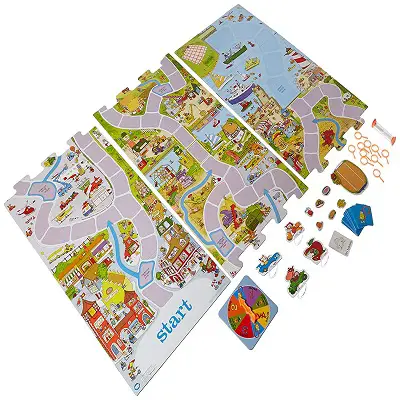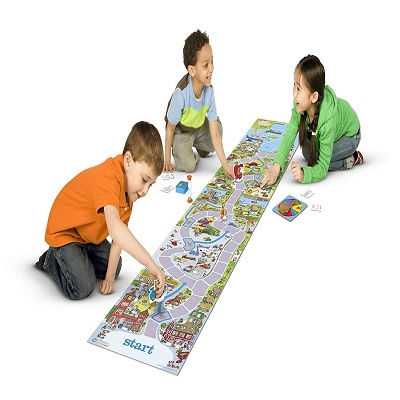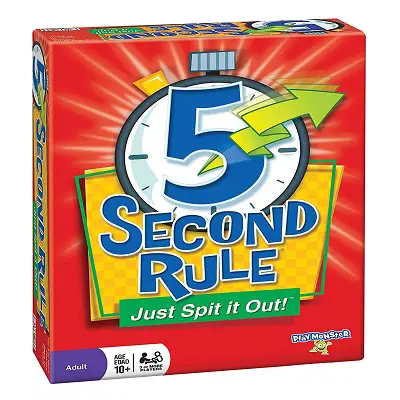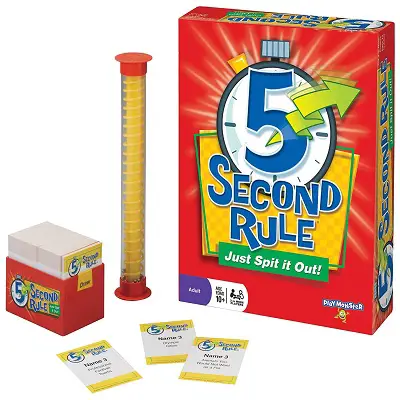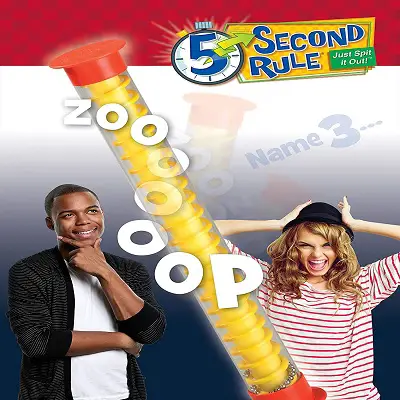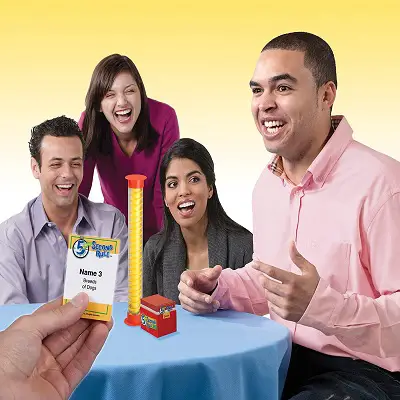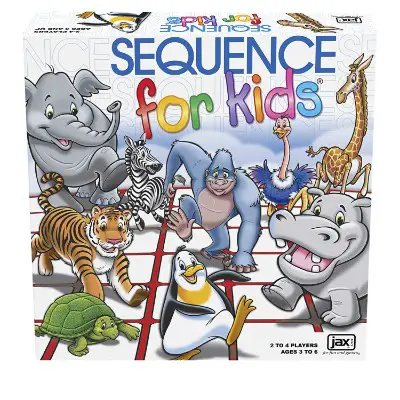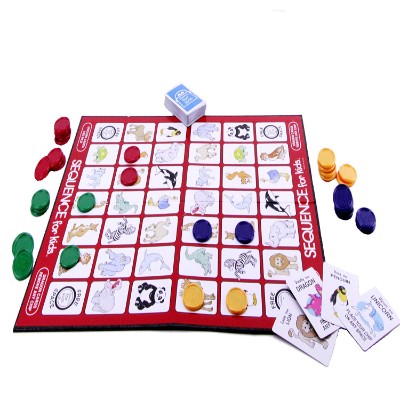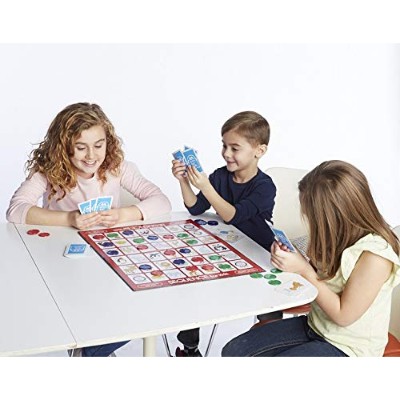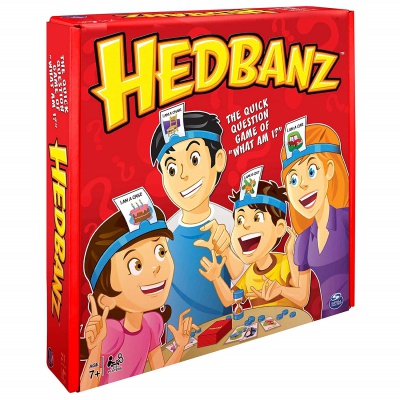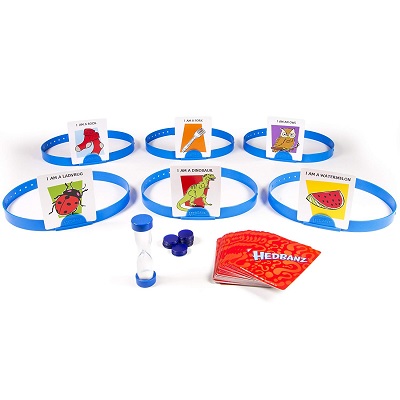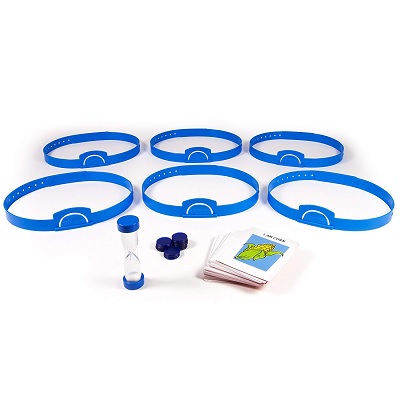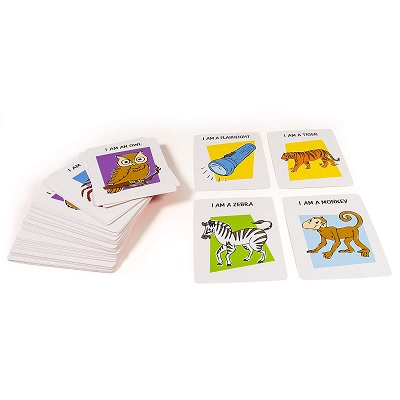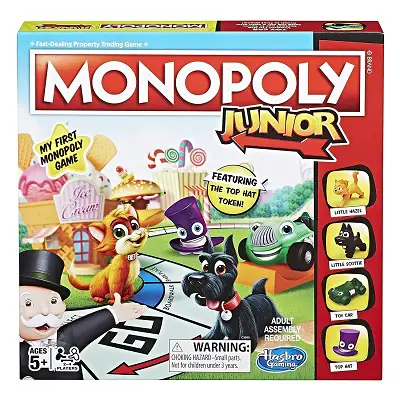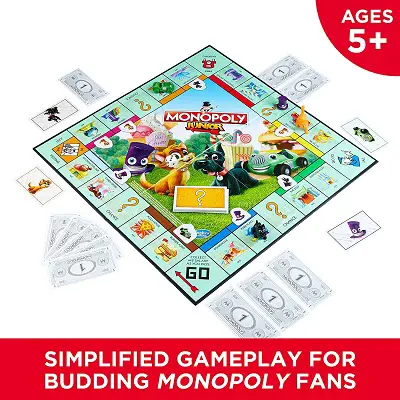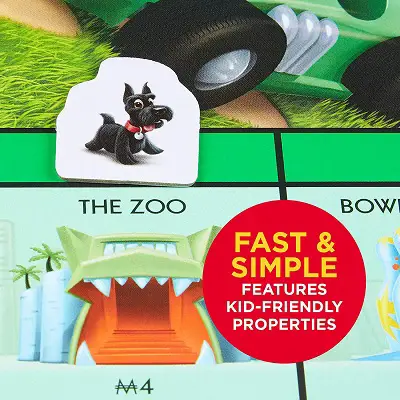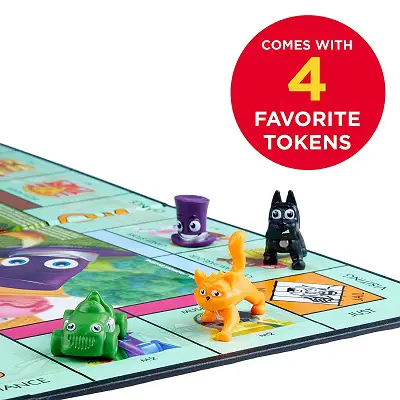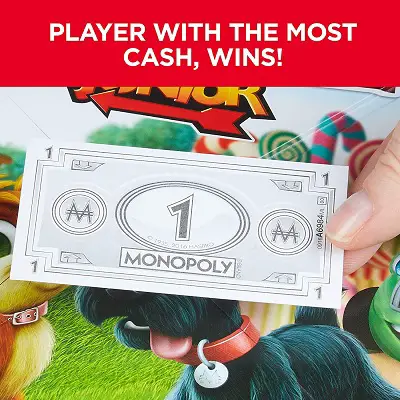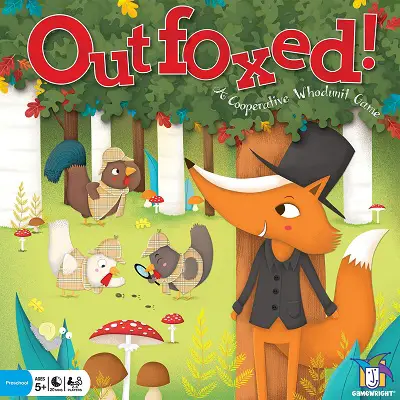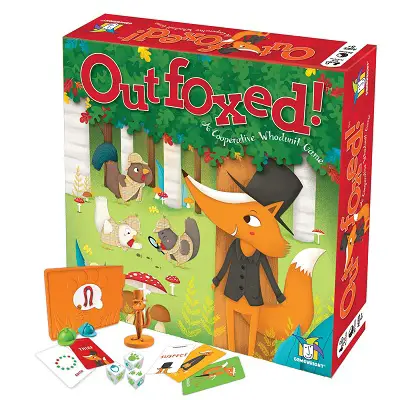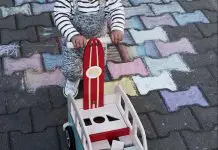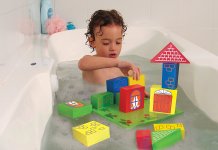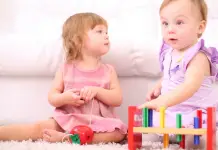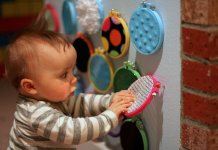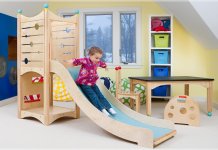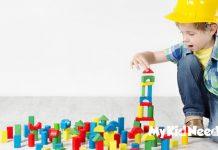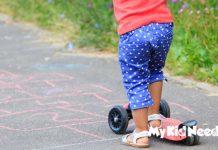10 Best HABA and HABA-Inspired Games
It’s more than just fun and games with these HABA and HABA-inspired sets (although it is also both of those things). Board games help players to develop their critical thinking skills, strategic skills, and problem-solving skills. They also promote bonding and social skills, since most games require at least two or more players to function. HABA has been around for over 80 years, and continues to produce games that adults support and kids love! Check out our ten favorite picks of HABA and HABA-inspired board games below!
This is the best product on our list that is currently in stock:
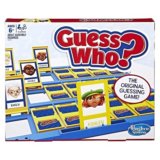
Encourages social play
Increases speech-language skills & comprehension skills
Improves vocabulary
Displays diversity

10 Best HABA and HABA-Inspired Board Games
1. The Sneaky Snacky Squirrel Game
Good toy for Preschoolers
Squirrel handler for acorn collection pieces helps coordination
20 multicolored acorn pieces aids color recognition
Easily understandable rules for children
Encourages development of patience in child
Spinner wheel is easily broken
Cardboard accessories of questionable quality
While this game may appear to be ordinary and simple, it actually helps kids to learn an array of skills! The Sneaky Snacky Squirrel Game is based on the book that accompanies it and provides a delightful read-along for a game that will entertain kids ages three and up. The game is played by using the colored spinner to try and land each one of the colors, which match up with one of the acorns in each tree that each player is given at the beginning of the game. As players go through this game they can read along with the Sneaky Snacky Squirrel and see what silly things he’s up to on his way to collect as many acorns as possible.
Read moreEducational Value
With color-matching demands and a need for dexterity and hand-eye coordination, The Sneaky, Snacky Squirrel has a lot to offer in terms of developmental benefits. This game helps children learn how to take turns, categorize and match colors, count with beginning numbers, and work on strategic thinking!
Style
It’s a cute little setup and it’s pretty easy to play! It’s best for toddlers but children up to seven may still enjoy it! The squirrel tongs are a definite draw. They make the game slightly more challenging--plus they’re pretty stinking cute!
Entertainment Value
Reading along with a funny book makes playing games more entertaining because kids will have something to relate their gameplay to. This game helps to improve a well-rounded variety of skills that are important to a growing child.
Ease of use
The book is simple to read and will help kids improve both their written and verbal skills in addition to teaching them how to read along. This is one adorable game that is perfect for preschool as well as elementary school ages.
2. Hasbro Guess Who? Classic Game
Encourages social play
Increases speech-language skills & comprehension skills
Improves vocabulary
Displays diversity
The cards for the board could be made thicker so they don’t easily fall out
Parents get ready to feel a sense of Nostalgia as you watch your child enjoy the classic game of Guess Who. Designed for two players, each player has a tabletop board with small windows. The windows flip up to reveal 24 faces of men and women with their names written underneath. Each player draws from the deck of cards included in the box and does not show the other player. Each card represents one of the 24 faces on the board. Since the original version of guess who, the character cards have been updated to display more diversity Both players take turns asking questions about the physical features of their opponent’s card. For example, one player might ask “Does your person wear glasses?” or “Does your person have blue eyes”. Questions can only be answered with yes or no.
Read moreEducational Value
With two gameboards in the box, your child is encouraged to engage in social play. As your child uses the process of elimination to determine their opponent’s character they will be increasing their deductive reasoning skills. As they listen and respond to the questions they are being asked they will improve their comprehension and speech-language skills. Your little one’s vocabulary will improve as they work to come up with adjectives.
Style
While the objective of the game is simple enough for young children to play, people of all ages will enjoy trying to guess their opponent’s character. Guess Who is a classic game that has been around for generations, it’s great to see that it has evolved with the times and now includes more diversity in the characters.
Entertainment Value
The game will instill a healthy level of competition in your child and will increase their confidence level when they come out victorious.
Ease of use
If the answer is no, then the person who asked the question puts all people with glasses or blue eyes down on their board. If the answer is yes, then they put down all the people without glasses or blue eyes. The first person who guesses their opponent’s character wins.
3. Pie Face Showdown Game
Kids enjoy the simple repetitive action
Helps parents be more playful
Enhances reaction time
Teaches how to take turns
Develops healthy sense of humor
Throwing arm mechanism can get jammed
Pie cream can slide off very easily
We all have that one family member or friend that we’d love to watch get a pie thrown at them, are we right? Well, now you can! Pie Face Showdown is a genius way to watch someone get creamed and be responsible for doing it. The way the game works is that each player is first set up with a headrest that comes with the game and before the game starts both players are required to lean their faces against the included face cut-outs. A red button is placed in front of each player and it’s attached to a meter -- this is what will determine which player gets a face full of cream.
Read moreEducational Value
With the use of hand-eye coordination, players are literally forced to hit the button as many times as they can while keeping a rhythm steady enough to force the meter in the opposite direction.
Style
Life gets a little messy--but isn’t that part of the fun? Pie Face Showdown can be played with whipped cream or a damp sponge. It helps children work on coordination and timing. It’s got a novelty factor given that most board games don’t give families an excuse to throw food or sponges in each other’s faces, that’s for sure!
Entertainment Value
At the count of three, both players begin hitting the red button in an effort to push the meter closer to the other opponent. Whichever player can’t keep up will soon be the unfortunate pie-eater!
Ease of use
Hand-eye coordination is the absolute key to winning this game. If a player misses hitting the button or misses a beat, he or she is at risk of going home with a face full of whipped cream!
4. Clue Game
Suitable for large groups
Great family night game to involve everyone
Kids have fun solving a mystery
Helps to improve educating guessing and problem-solving
Fun characters and realistic looking game pieces and game board art
May get repetitive
It’s time to add some mystery and intrigue to your family’s game night. Last but not least is Clue, the highly interactive family favorite that turns every player into a suspected murderer! Clue is great for kids ages eight and up but is fun for adults as well. It’s also great for groups up to six but suitable for groups as small as two. Follow five classic characters and one new one -- Dr. Orchid -- as all players try to unravel the mystery by narrowing down who has what weapon in which room.
Read moreEducational Value
The basis for Clue is problem-solving. While the clue-collecting aspect makes kids feel like they’re solving a real mystery, they’re also working on their method for the process of elimination and strategy skills as well.
Style
Your goal as a player is to answer all the Who’s, What’s, and Where’s about who’s been killed and which player has done it.
Entertainment Value
Classic games are classic for a reason and Clue is no exception to this. This board game is cloaked in mystery and intrigue and we like that it stands apart from any other board games.
Ease of use
Once you’ve collected enough clues, it’s time to make your educated guess. Everyone will have a blast trying to solve the mystery of who killed Mr. Boddy in Tudor Mansion!
5. Busytown Eye Found It
Hones observational skills
Encourages cooperation
Promotes physicality
Teaches causal relationships
2-4 player game
Some concepts of the game can be too abstract
The 6ft game board can be too cumbersome
Richard Scarry is well known for its bright, bustling town filled with fun characters and silly situation and now your child can feel like they’re apart of it. The Busytown Eye Found It board game consists of a six-foot board (whoa!) that depicts all the aspects of town like that kids have grown to love, as well four moving pieces and bases, one spinner, one ferry tile, ten magnifying glass tokens, six food tiles, 30 gold bug cards, one sand timer, and an instruction manual. All of these pieces come into play one the spinner begins going and within seconds this game board becomes one giant game of hide-and-go-seek.
Read moreEducational Value
Richard Scarry’s Busytown game forces kids to use their visual and memory skills to remember where things are and find them under a time limit. This creates a challenge but adds to the fun without being stressful and overwhelming.
Style
This creates a fun challenge for kids to use all the skills they have to be the first one to spot what’s on the card, otherwise, someone else will be jumping away with their extra turn
Entertainment Value
This game is a blast and can be played with two to four players, ages three and up.
Ease of use
Each person is instructed to find the item depicted on the card that they choose by the timer runs out, but there’s a kicker -- everyone is allowed to play “eye spy”!
6. Five Second Rule
No need for a board, dice, game pieces, etc.
Perfect for travel
Great for family get-togethers
Good for adults, teens, and pre-teens
Too difficult for kids under the age of 12
Do you think that five seconds is enough time to name three things that have to do with one topic? For example, “name three famous bald people” -- not so easy! This hilarious card game operates under the pretense that players can be fast-thinking enough to rack their brains and come up with three answers in five seconds, and because of that, it’s an amazing skill game.
Read moreEducational Value
The only skill required to play this game is a love for thinking under pressure and some general knowledge. This game will challenge what you know while helping your kids become great thinkers under pressure.
Style
If you enjoy tongue twisters and blooper reels, this is the game for your family. When the pressure is one, we all do silly things! With only five seconds to spit out three things that fit the card’s topic, this is a fast-paced game that allows everyone to giggle at each other and themselves.
Entertainment Value
It’s an exciting way for pre-teens and teens to have fun with their families and friends while testing their skills and knowledge.
Ease of use
The gameplay is super simple, making this great for children who get bored with lots of tedious rules and strategies. The company lists it as being most appropriate for children ages ten and up but younger kids could probably play along as well with a little help! They might not understand every topic, so sort out cards that they would be familiar with and let them draw from that pile to level the playing field.
7. Sequence for Kids
More Kid compatible as opposed to adult version
Parent interactive
84 playing chips in red, yellow, blue and green colors
Instruction manual included
Can be used in classroom for team-building activity
Can become boring and repetitive
Can be difficult for younger children
The problem with some traditional board games is that reading is an essential part of learning and knowing how to play. Sequence for Kids is a breath of fresh air for parents looking to provide their younger kids with board games, especially if reading is not their strong suit yet. This game consists of using matching cards in conjunction with the board layout to get a row of pieces, or a “sequence”.
Read moreEducational Value
In this twist on Bingo, Sequence for Kids asks players to be able to match animals, recognize colors, and think strategically. The cards have pictures that match the board squares, so kids don’t even have to be able to read in order to participate in the fun. Each card is pictured twice on the game board so players will have to think carefully about how they intend to get their four-in-a-row!
Style
The game becomes interesting when unicorn and dragon cards are thrown into the mix; unicorns mean a chip can be placed anywhere, while a dragon chip means moving another player’s chip.
Entertainment Value
There’s no need for players to have advanced reading skills to take part in this game and that makes it open to all ages. It’s an entertaining way to use your noggin to come up with a winning strategy without needing to spend a bunch of time reading game cards or instructions!
Ease of use
By using certain cards the players have been dealt, they can choose to use a card to place one of their pieces in an attempt to string them together to many a row.
8. HedBanz Game
Non-reading learning tool
Deck of 74 well-made playing cards
Playing chips and headbands make for simple interactive play
Helps in increasing child’s vocabulary
Fosters critical thinking
Headbands can be uncomfortable
Can be too intellectually challenging for young children
Are you ready to bring some quirky fun to your family’s weekly game night? Hedbanz may be just the game you’re looking for! Similar to Charades, Hedbanz is a hilarity-inducing game that is sure to spark new creativity and add a bunch of laughs to your game nights. Before playing, each player is equipped with a headband that will hold a future card. When a player gets a card, he or she is required to stick it in their headband without looking at it. When the timer starts, they have the chance to ask everyone else questions about what may be on the card in an effort to guess it before time runs out.
Read moreEducational Value
The unique guessing aspect of this game encourages solid thinking skills and mystery solving. Without knowing what the card is on their headband, the player is required to take the answers they receive and piece them together to solve the mystery picture.
Style
The more cards you guess right, the more points you rack up and the closer your team it to winning -- Better put on those guessing hats, or in this case, Hedbanz!
Entertainment Value
This game is sure to be tons of fun and is best played in larger groups, but can be played with as few as two people
Ease of use
The rules are pretty simple here: players each draw a card they wear in their headband but don’t look at. They can ask yes or no questions to determine what they are and each card falls into one of three categories: animal, food, or man-made object. Be the first one in the group to guess your card and win!
9. Monopoly Junior
Classic board game made kid-friendly
Best suited for kids over the age of 5 years old
Great for two to four players
Simple and fast gameplay
Boosts cognitive development skills
Game only includes one dollar bills
Each game takes 20 to 40 minutes
From the makers of one of the most popular board games on the planet comes the version just for kids. This version includes many items that are made specifically for younger children. The tokens are adorable little characters rather than the standard silver ones. Being designed just for the kids, the game has simple rules and is played much faster than the regular version. All of the properties are kid-friendly and have fun names.
Read moreEducational Value
Board games deal a lot with cognitive skills. They stimulate the parts of the brain that control memory, information preservation, and advanced problem-solving skills. These skills help develop and boost the mind along with sharpening both long-term and short-term memory.
Style
Monopoly is a classic and can be so fun to play, but it also can get lengthy. Monopoly Junior features more streamlined and faster gameplay to keep kids’ attention. The board is smaller and features cute cartoon drawings as well as friendly and silly player pieces such as a dog, cat, toy car, and animated top hat!
Entertainment Value
Included with the game board are junior tokens, chance cards, signs for sold properties, banknotes, and character cards, along with a detailed instruction guide.
Ease of use
Easy game to play with the kids. The easy and simple prompts make it possible for the kids to play alone. This is a great classic game with a kid-friendly theme.
10. Outfoxed!
Detective game, move around the board and find clues
Instruction manual includes both Spanish and English
Best-suited for children ages 5 years old and older
For two to four players
Encourages social interactions
Goal of the game is very easy, no challenge
Instructions are confusing and hard to understand
Gather the clues and move about the game board to crack the case of who stole the pot pie. This easy-to-play and fun-to-solve mystery game was created just for kids. The goal of the game is to move around the game board and collect clues about the missing prized pot pie. Using the evidence scanner, players are able to determine who is not the suspect. They will have to work quickly and together with the other players because if they don’t the guilty fox will be out of the game before they know it.
Read moreEducational Value
Social interaction between children is a great benefit of board games. It allows children to interact in a setting, helps develop relationships and builds strong bonds.
Style
Each round of the game takes about 20 to 30 minutes to play. This “who did it” game will be the best game to hit the table since the pizza arrived.
Entertainment Value
Board games are not only good for relationships between other children but with adults as well. Game night is a way to interact with your children and build a positive relationship.
Ease of use
Made for 2-4 players at a time, with each game round lasting roughly 20-30 minutes, Outfoxed is a clever little mystery! It’s best suited for children ages five and up and comes with instructions/rules in both English and Spanish. Players move around the board to collect clues and rule out suspects. It might take a few turns to get the hang of it, but once everyone knows the lay of the land, it’s a blast!
Criteria Used for Evaluation

Educational Value
he physical benefits of playing board games with toddlers include boosting hand-eye coordination and promoting fine- and gross-motor-skills development. These skills are easily used and engaged in board games as they help practice using their hands and body to complete a task. When they complete the task, the skill is used over and over, encouraging muscle memory to complete the task making it easier and easier each time. Board games offer fun and excitement for toddlers while learning skills that will last them a lifetime.

Style
The goal of picking the right game for your toddler will allow them to learn and have fun while doing it. The HABA learning games series is a great way to introduce playing games and turn-taking for a toddler. These are both skills they will need to be able to master before moving on to more complex games. When a toddler becomes engaged and is able to have fun playing the game, you know you have picked the right one.

Entertainment Value
When games offer a fun learning experience for toddlers while also engaging other members of the family like parents and siblings, it is a rewarding experience for toddlers. Each of the games on the list displays great quality and safety, but are also great family games for a game night. We chose the games on the list to make sure that every family has a great selection of games to engage in.
Developmental benefits of playing board game with toddlers
The developmental benefits of playing board games with toddlers are both mental and physical. The mental benefits include number and shape recognition, promoting of turn-taking, and stimulating the development of early language skills. These benefits are not only be used academically but are also great developmental milestones as well. Helping children achieve mental developmental milestones through an educational game is a fun and easy way to encourage them. They not only have great mental benefits, but the physical benefits are easily practiced as well.

Ease of Use
When the games were chosen for the 10 Best HABA Board Game Toys for Toddlers list they are selected because HABA is a company that offers top-quality toys and each of their products meet all safety concerns of our experts. Along with HABA being a reliable company for great quality games, they also tailor their games to fit the age-appropriate category that meet the developmental needs of toddlers. The games both offer mental and physical benefits and provide a fun learning experience without the pressure of a learning environment. Each of the games on the 10 Best HABA Board Game Toys for Toddlers meets the criteria from the panel of our experts and parents.
Understanding the concept of winning a game. When toddlers are playing a game they may not understand the concept of winning or how to win. It is important for parents to guide them through this process.
When parents guide them through the process, it allows them to feel the sadness of loss and the pride of winning. It is important to guide the process and help balance out the pleasure and pressure of playing board games with both family and friends.
Other Factors to Consider

Social Development
When you are deciding on the right game for your toddler it is important to pick a game that teaches developmental skills that are challenging, but yet achievable. You want them to be able to master the skills of the game without them becoming frustrated and wanting to walk away. The goal of a board game for a toddler should be to help them learn while having some fun and teaching them some self-confidence skills. You can play the game with rules or use a “free play” game that allows you to play with your toddler without a goal of winning.

Effectiveness
The developmental benefits of playing board games with toddlers are both mental and physical. The mental benefits include number and shape recognition, promoting of turn-taking, and stimulating the development of early language skills. These benefits are not only be used academically but are also great developmental milestones as well. Helping children achieve mental developmental milestones through an educational game is a fun and easy way to encourage them. They not only have great mental benefits, but the physical benefits are easily practiced as well.
Frequently Asked Questions
q: What do toddlers learn from board games?
Toddlers are able to learn both mental and physical developmental skills from board games. Depending on the board game, they can learn a variety of different skills all at one time. It also allows a fun time for them to engage with others while learning. They encourage toddlers to develop hand-eye coordination; they often promote fine-motor skills, and boost number and shape recognition, to name a few.
q: Are all the games listed on the 10 Best HABA Board Game Toys for Toddlers safe for my 2 year old?
All the games listed on the 10 Best HABA Board Game Toys for Toddlers are safe for a 2 year old to play. All the games listed on the list are picked because they are made of great quality materials and also are age-appropriate for the toddler audience (2 years old and up.)
q: Where can the games on the 10 Best HABA Board Game Toys for Toddlers list be purchased?
The game on the 10 Best HABA Board Game Toys for Toddlers can be purchased on Amazon by clicking the link below the product picture. This link will take you directly to Amazon to allow you to purchase the product online and have it delivered to a location of your choice.
q: Are all games meant for a family game?
All the of the games listed on the 10 Best HABA Board Game Toys for Toddlers can be used for a family game night where the audience includes younger players (2 years old or older.) They will not be challenging enough to offer an only-older audience a good gameplay night.
q: How do you engage toddlers to learn to take turns?
Taking turns is a learned activity. Toddlers have to learn how to take turns to know when and how to make it happen. Playing board games with them is a good way to for them to learn the skill. It is not something that happens naturally and will take some time to understand. It is important to be patient and demonstrate good game playing rules when engaging with them.
q: What is a HABA game and where do they come from?
HABA is a German company that makes kids’ games and toys all over the world. They have been making and designing children’s games and toys for ore than 72 years. They have many divisions all over the world with one located in New York. They are a company that favors making toys and games materials from the beech wood. The beech wood comes from a forest timbers out of Germany. All there toys are nontoxic and safe for children of all ages.
Sources
- , The Benefits of Board Games, Educational Article
- , Board Games for Children age 2+, About Page
- , Benefits Of Board Games & 5 Great Games For Young Families, blog
- , Board games for kids: Can they teach critical thinking?, Informative Article
- , The benefits of playing board games with children What board games teach kids that screens and video games can't, Informative Article

